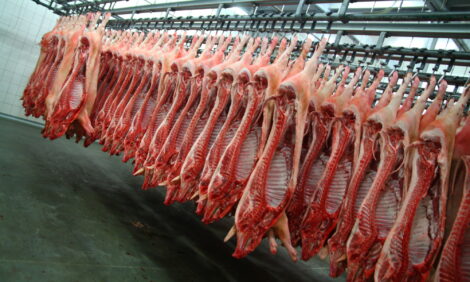



ELISA Detection of Antibodies against Swine Influenza Virus in Western Romania
In a survey of 45 pig herds in western Romania, 44 per cent were found to be positive for the H1N1 sub–type of the swine flu virus.An enzyme-linked immunosorbent assay (ELISA) test was carried out by Dr Corina Pascu and colleagues at the Faculty of Veterinary Medicine in Timisoara, Romania, to detect antibodies against swine influenza virus (SIV) in western Romania. Their paper has been published in Journal of Swine Health and Production.
A total of 3,651 blood samples collected from non–vaccinated pigs in 45 Romanian herds were tested by enzyme-linked immunosorbent
assay against H1N1 and H3N2 subtypes of SIV.
The results revealed an H1N1 subtype seroprevalence of 44.4 per cent. Prevalence differed by parity (P<0.01), with the highest prevalence
at parities 5 and 6.
The researchers commented that the standard method for detecting SIV antibodies is the haemagglutination inhibition (HI) test. Recently, sensitive and specific SIV ELISA kits have been developed and this method was chosen because it is fast and less expensive to
perform than the HI test.
They added that other groups have found a correlation between SIV antibody titre and season this latest study did not confirm this
correlation.
Reference
Pascu C., L. Costinar and V. Herman. 2012. Enzyme-linked immunosorbent assay detection of antibodies against swine influenza virus in western Romania. J Swine Health Prod. 2012;20(2):87–90.
Further Reading
| - | You can view the full report by clicking here. |
Further Reading
|
| - | Find out more information on influenza in pigs by clicking here. |
April 2012








